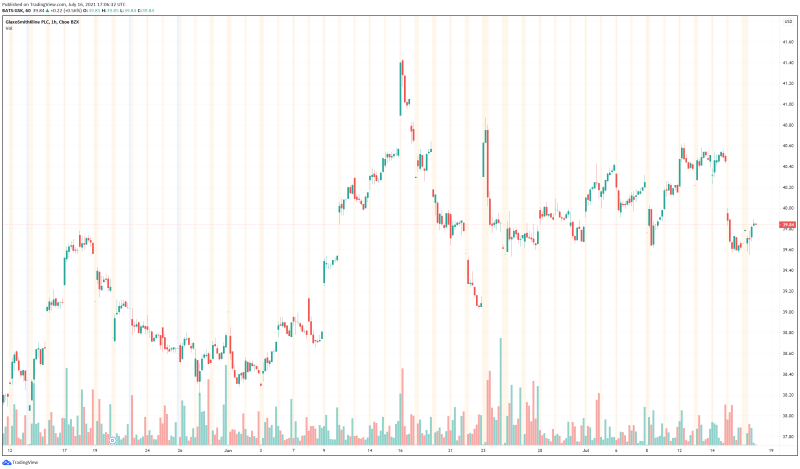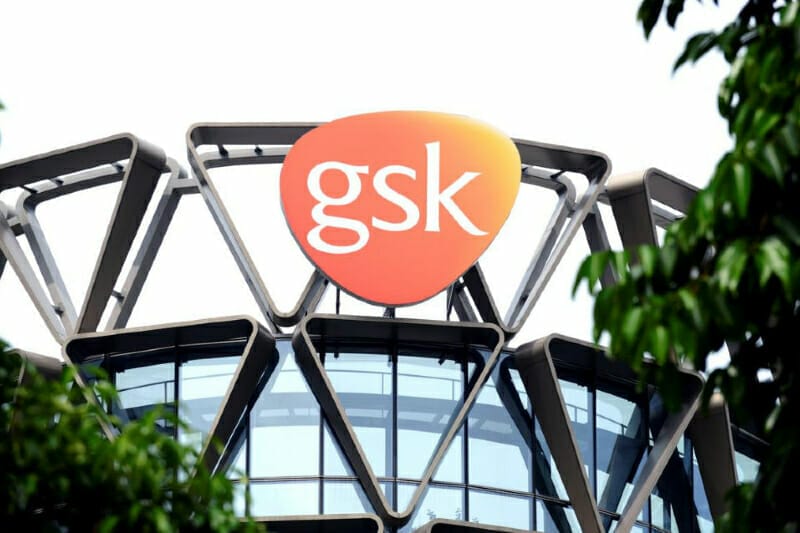GlaxoSmithKline (GSK.NYSE) today announced positive headline results from five studies of the Phase 3 ASCEND program, evaluating the efficacy and safety profile of daprodustat, an investigational oral hypoxia-inducible factor prolyl hydroxylase inhibitor (HIF-PHI), for patients with anemia due to chronic kidney disease (CKD).
“I am particularly pleased with the results from the ASCEND-ND and ASCEND-D studies given the importance of managing cardiovascular outcomes for patients who are currently suffering from anaemia due to chronic kidney disease, as well as the need to provide a convenient, oral treatment option…,” said Dr. Hal Barron, Chief Scientific Officer and President R&D, GSK.
Daprodustat for Dummies
Daprodustat is a drug which acts as a HIF-PHI, thereby increasing endogenous production of erythropoietin. Continuing down this rabbit hole of confusing terminology, erythropoietin refers to a protein released mainly by the kidney to stimulate red blood cell production in response to cellular hypoxia. With this in mind, cellular hypoxia can cause cellular injury and even cellular death as a result of inadequate oxygen flow to the cells. Put simply, Daprodustat is responsible for stimulating the production of hemoglobin and red blood cells in order to treat anemia.
Daprodustat itself was developed by GSK and received regulatory approval from Japan’s Ministry of Health, Labor and Welfare for the treatment of anemia caused by CKD. Most recently, the Company’s ASCEND program revealed that daprodustat met its primary efficacy endpoint in each study, demonstrating an improvement in hemoglobin levels in untreated patients. Additionally, daprodustat was also able to maintain hemoglobin levels in patients treated with an erythropoietin stimulating agent, a standard treatment option, in patients with CKD-related anemia.
“…We will continue to analyse the data from the robust phase 3 ASCEND programme and look forward to working closely with regulators as we plan for our submissions,” continued Dr. Hal Barron.
Across the entirety of the ASCEND program, including ASCEND-ND, ASCEND-D, ASCEND-ID, ASCEND-NHQ, and ASCEND-TD, daprodustat was generally well tolerated in both non-dialysis and dialysis patients. The most commonly reported adverse events in patients receiving treatment included hypertension, diarrhea, dialysis hypotension, peripheral edema, and urinary tract infections.
Although the side effects don’t sound that enjoyable, GSK’s daprodustat could become a major asset for the Company as the ASCEND program continues to pump out positive results. According to GSK’s Q1 2021 results, the Company’s total assets are sitting at £78,079m as of March 31, 2021. On the contrary, GSK’s liabilities decreased to £57,069m from the previous quarter. As of Q1 2021, the Company’s cash and cash equivalents are £4,757m. Leading up to the Company’s Q2 2021 results, set to be released on July 28, 2021, GSK may be worth adding to your watchlist.

GSK’s share price opened at $39.70, up from a previous close of $39.62. The Company’s shares are up 0.23 cents and are currently trading at $39.85 as of 12:09PM ET.

